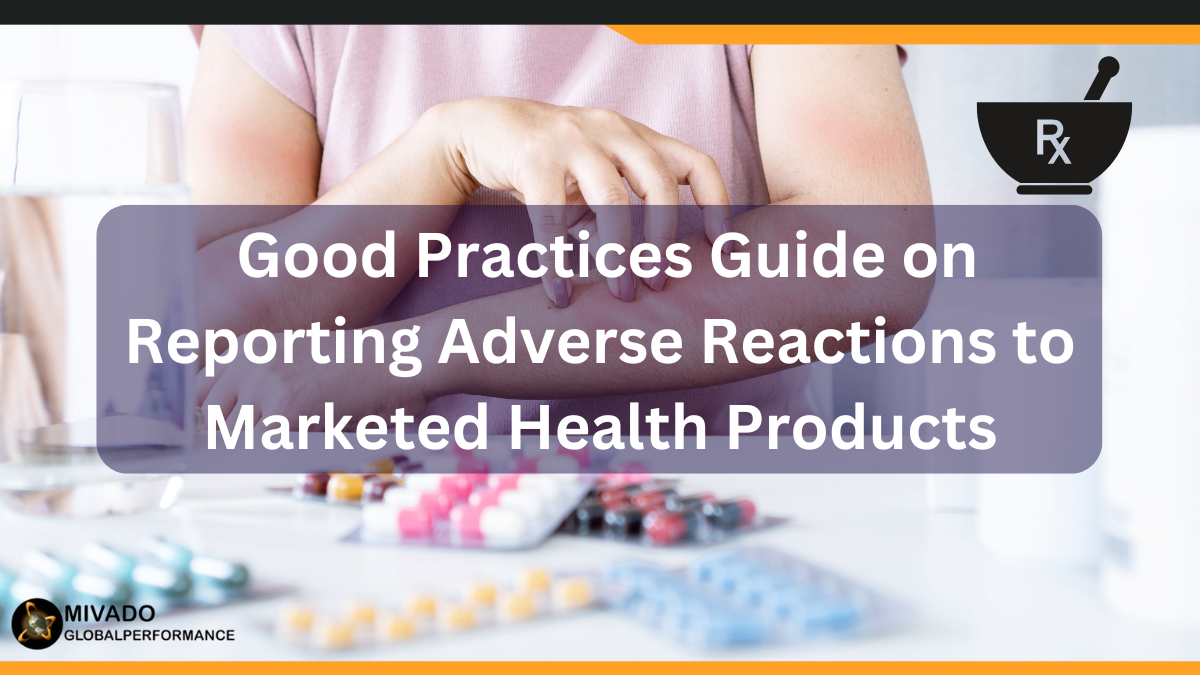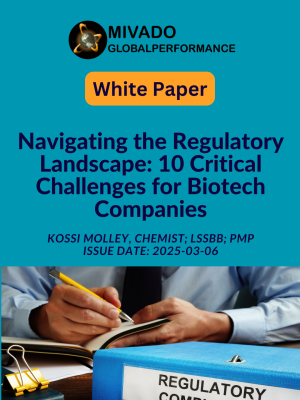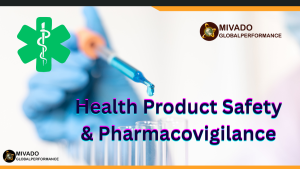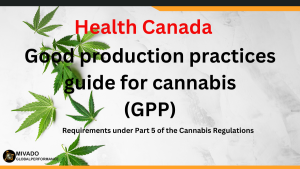Description
This comprehensive training program aims to equip healthcare professionals, pharmaceutical personnel, and other relevant stakeholders with the knowledge and skills necessary to effectively identify, document, and report adverse reactions (ARs) associated with marketed health products. The training will cover regulatory guidelines, best practices, reporting mechanisms, and the importance of pharmacovigilance in ensuring patient safety.
Learning Objectives
To ensure participants understand Health Canada’s requirements and processes for reporting adverse reactions to marketed health products as outlined in the relevant guidance document, enabling them to fulfill their reporting obligations accurately and efficiently.
Here are the 5 key takeaways from this training:
- Understand that Market Authorization Holders (MAHs) have a legal obligation to report all serious adverse drug reactions that occur in Canada and serious unexpected adverse reactions that occur outside of Canada to Health Canada within specific timelines.
- Be able to correctly identify what constitutes a “serious” adverse reaction (e.g., resulting in hospitalization, death, disability) and an “unexpected” one (not consistent with the product information).
- Gain knowledge on Accurate and timely reporting, including all relevant details about the patient, the suspect product, and the reaction, is vital for Health Canada to identify potential safety signals and take appropriate action.
- Know that Anyone Can Report. While MAHs have mandatory obligations, anyone, including healthcare professionals and consumers, can voluntarily report adverse reactions directly to Health Canada through the Canada Vigilance Program.
- Learn how the primary goal of adverse reaction reporting is not to assign blame but to contribute to the ongoing safety monitoring of marketed health products in Canada, potentially leading to label changes, risk communication, or other regulatory actions to protect public health.
Target Audience
This training is designed for individuals involved in pharmacovigilance activities, including:
- Pharmacovigilance professionals
- Medical safety officers
- Regulatory affairs specialists
- Clinical research associates
- Medical writers
- Healthcare professionals involved in drug safety monitoring
Training Modules
- Module 1: Introduction
- Module 2: General Procedures for Expedited Adverse Reaction Reporting
- Module 3: Good Case Management Practices
- Module 4: Adverse Reaction Reports by Source
- Module 5: Conclusion
Takeaway
Additional training documentation and certificates will be provided after the exam. Please note that a minimum score of 80% is required before the training certificate should be issued.
Author
Kossi Molley (il/he), Chemist, LSSBB; PMP
Chartered Trainer of the Labour Market Partners Commission





Reviews
There are no reviews yet.